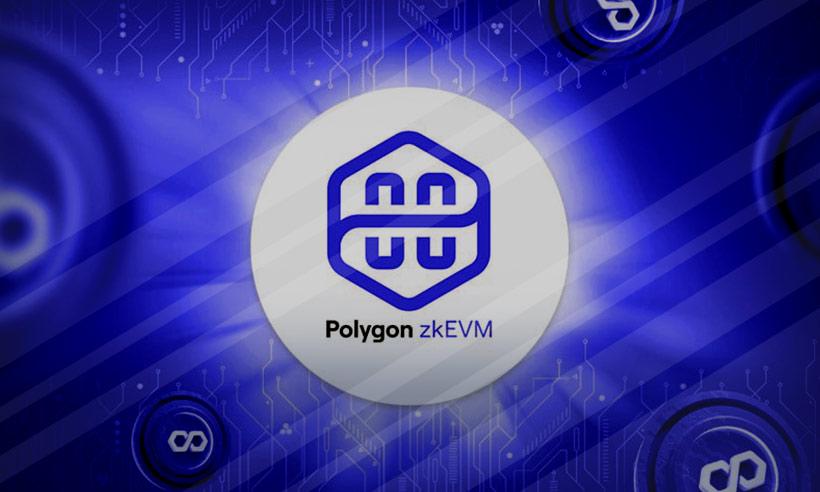Dec 22, 2022
Polygon Releases Second Testnet zkEVM, Last Step Prior to Mainnet Goes Live
.
Disclaimer: The views and opinions expressed in this article are for informational purposes only and do not constitute financial, investment, or other advice. Investing in or trading crypto assets comes with a risk of financial loss.
Gungun is an enthusiastic writer that likes to create content for various aspects of the blockchain and crypto industry. She carries out extensive research and provides readers with informative and high-quality material.
